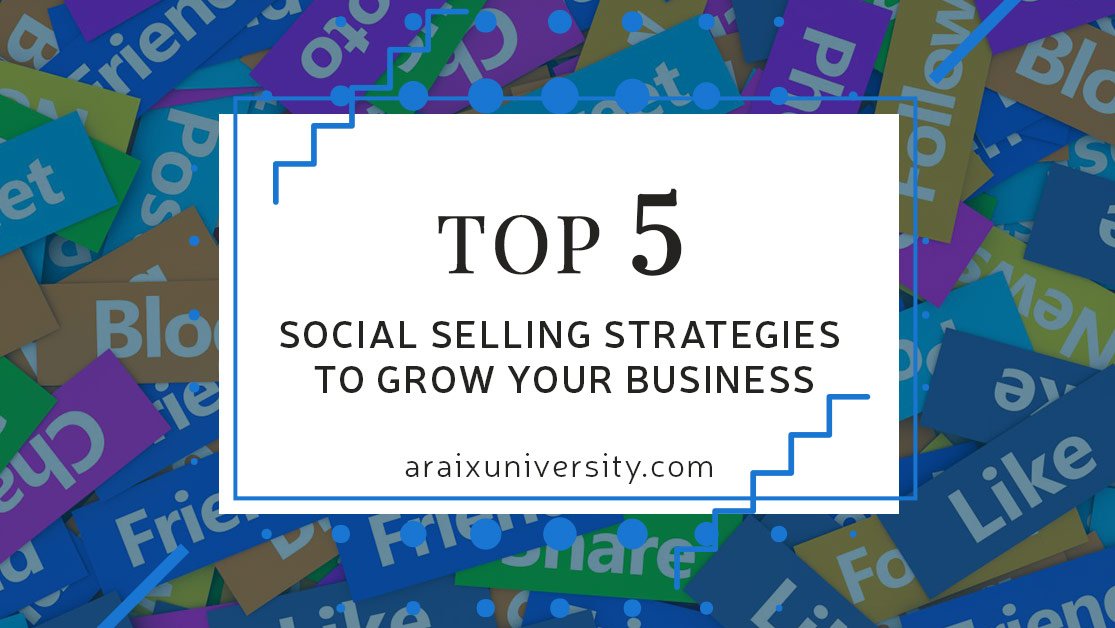As your B2B business enters a phase of sustained growth, it presents a plethora of opportunities to leverage your resources and connect with a wider range of customers. This growth phase allows you to extend your value proposition to buyers and decision-makers who were previously beyond your sphere of influence. By capitalizing on this momentum, your sales efforts have the potential to drive exponential growth, fundamentally transforming your entire organization.
In today’s business landscape, there is a growing emphasis on allocating resources towards social sales programs that engage prospects in innovative ways. However, scaling a social selling strategy requires careful consideration. On one hand, you must increase efficiency to broaden your reach, but on the other hand, it is crucial to preserve the personal touch that makes social media such a powerful tool. By utilizing advanced tools at your disposal and equipping your representatives with the necessary skills and confidence to approach prospects via social media, you can elevate your social selling program to cater to the evolving needs of your expanding customer base. Here, we present the top five social selling strategies:
1. Adopt a scalable model that sets your sales reps up for success
If you want to see real success when attempting to scale your social selling program, then it all starts with training. Do not rely on sales reps attempting to make social connections “whenever they have time” or “after they have finished their real sales calls.” During your sales training procedures, firmly layout why social selling is such an important part of your strategy and set clear goals for your salespeople in terms of their efforts (since nearly two-thirds of salespeople incorporating social selling techniques outperformed their peers, it shouldn’t be hard to convince them). This way no matter how big your sales team grows your social sales connections will follow at an appropriate pace.
2. Employ automation measures strategically
Automation has created vast new possibilities for B2B marketers and sales managers, but it’s essential to remember that just because you can do something doesn’t mean that you should. In their haste to imbue their social selling efforts with a quick shot of growth, many business leaders make the mistake of employing wholesale automation in order to reach the most people in the fastest way possible. Automation must always be used in service of connecting your audience with value-added information. If your prospects become accustomed to a barrage of posts from your accounts that offer little incentive to click, they’ll be far more likely to lose faith in your company’s expertise and unfollow.
3. The more specific your search queries are, the better quality leads they’ll produce
Scaling up your social sales is all about the quality of your leads. It seems counterintuitive, since you would think that more leads would be better when you’re trying to grow your business. In reality, revenue growth allows you to sell to an entirely new segment of customers, so it becomes more important than ever that you spend your time and money selling to the right ones. Platforms such as LinkedIn and Twitter have developed new search tools that give sales professionals unprecedented ability to identify quality leads more efficiently.
4. Use the power of your growing network for referrals
As your customer base, and therefore your network increases its scope, your opportunities for referrals will be greater than ever. Use the power of your network’s connections to gain exposure to an even larger group of prospects. Ask your satisfied customers and followers if they would be willing to tag interested parties on social platforms who could benefit from your product. Most of them will be happy to do so, and you’ll gain the advantage of a built-in, warm lead.
5. Leverage a thought leadership position
LinkedIn isn’t only the most popular platform for B2B content marketers, but it plays an important role in the majority of buyers’ decisions as well. Gone are the days when social networking sites were primarily considered platforms for jobseekers and professionals looking to expand their networks. Today, these platforms have evolved into knowledge-sharing hubs, allowing individuals ranging from sales representatives to CEOs to establish their authority as experts and thought leaders in their respective fields. As your social selling program expands, it becomes increasingly essential for prospects to assess whether your company possesses valuable insights that can assist them in their roles. In this regard, leveraging LinkedIn as a channel to publish exceptional content has proven to be an effective strategy for showcasing your expertise.
By consistently delivering high-quality content on LinkedIn, you not only demonstrate your industry knowledge but also provide prospects with valuable resources that can simplify their work. This approach allows you to position your company as a trusted source of information, establishing credibility and building confidence among potential customers. Furthermore, the act of publishing engaging content on LinkedIn enables you to actively participate in relevant conversations, sparking meaningful interactions and fostering relationships with key decision-makers.
Through strategic content creation and distribution on LinkedIn, you can effectively leverage the platform’s reach and engagement to amplify your social selling efforts. By establishing your company as a go-to resource for industry insights, you enhance your chances of attracting and retaining a loyal customer base while positioning yourself as a thought leader in your field.
Read our other articles on Social media marketing, join our newsletter, or post your question below in the comment box.



0 Comments